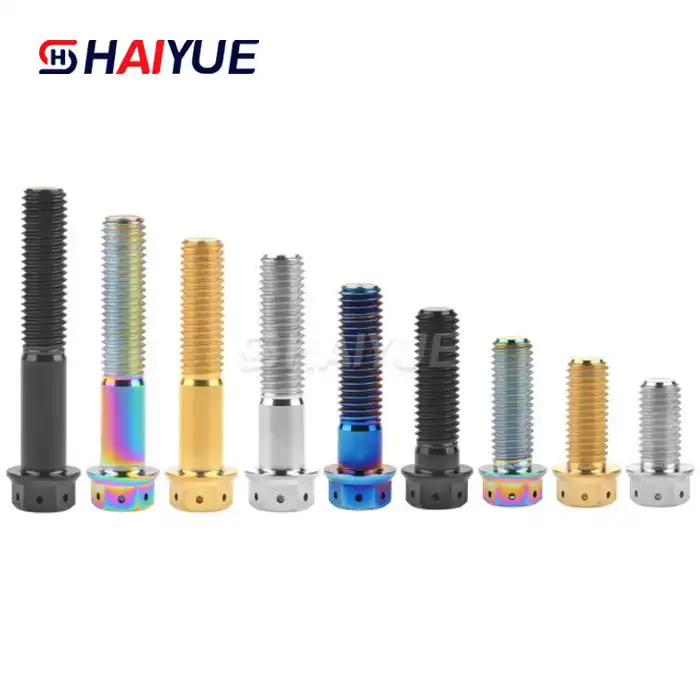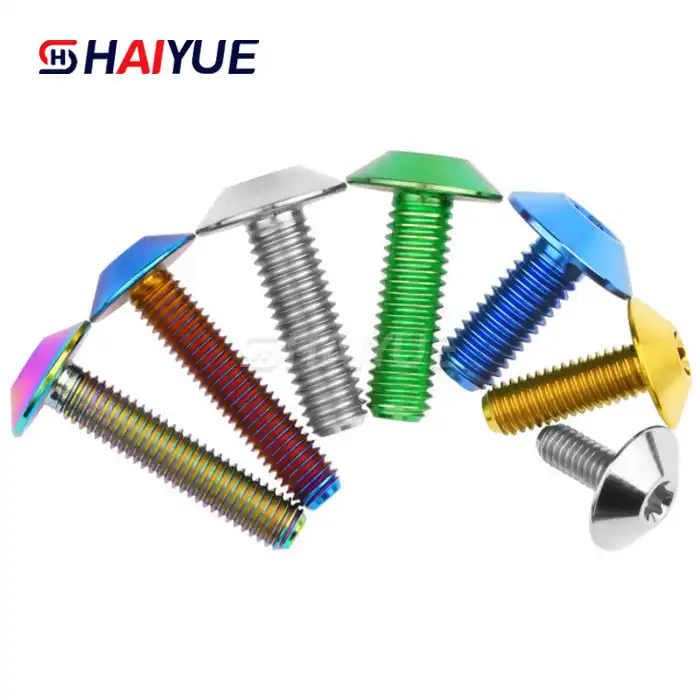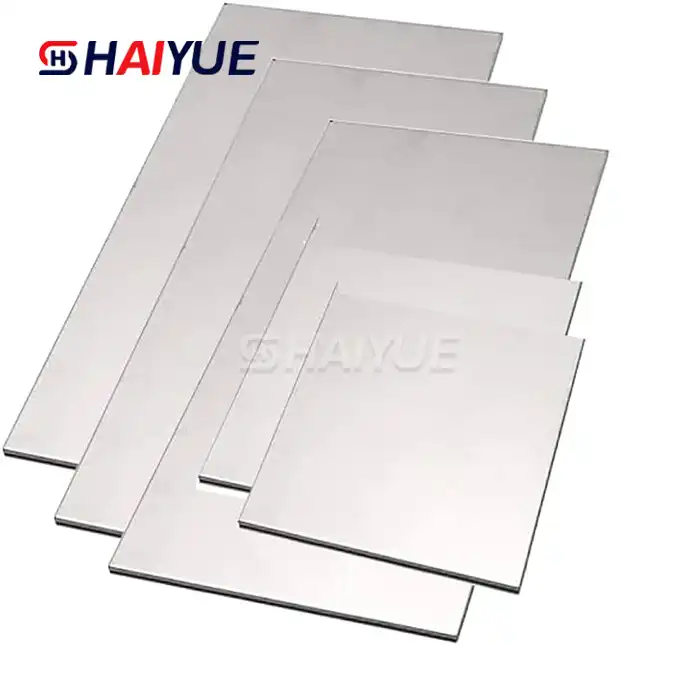- English
- French
- German
- Portuguese
- Spanish
- Russian
- Japanese
- Korean
- Arabic
- Greek
- German
- Turkish
- Italian
- Danish
- Romanian
- Indonesian
- Czech
- Afrikaans
- Swedish
- Polish
- Basque
- Catalan
- Esperanto
- Hindi
- Lao
- Albanian
- Amharic
- Armenian
- Azerbaijani
- Belarusian
- Bengali
- Bosnian
- Bulgarian
- Cebuano
- Chichewa
- Corsican
- Croatian
- Dutch
- Estonian
- Filipino
- Finnish
- Frisian
- Galician
- Georgian
- Gujarati
- Haitian
- Hausa
- Hawaiian
- Hebrew
- Hmong
- Hungarian
- Icelandic
- Igbo
- Javanese
- Kannada
- Kazakh
- Khmer
- Kurdish
- Kyrgyz
- Latin
- Latvian
- Lithuanian
- Luxembou..
- Macedonian
- Malagasy
- Malay
- Malayalam
- Maltese
- Maori
- Marathi
- Mongolian
- Burmese
- Nepali
- Norwegian
- Pashto
- Persian
- Punjabi
- Serbian
- Sesotho
- Sinhala
- Slovak
- Slovenian
- Somali
- Samoan
- Scots Gaelic
- Shona
- Sindhi
- Sundanese
- Swahili
- Tajik
- Tamil
- Telugu
- Thai
- Ukrainian
- Urdu
- Uzbek
- Vietnamese
- Welsh
- Xhosa
- Yiddish
- Yoruba
- Zulu
Why Are Titanium Wheel Lug Bolts Becoming the Preferred Choice for Performance Cars
Why Titanium Wheel Lug Bolts Are Transforming Automotive Performance
Introduction
In performance engineering, every component matters. Wheel lug bolts may appear simple, yet their material selection has a direct impact on safety, vehicle dynamics, and long-term reliability. Titanium wheel lug bolts are increasingly replacing traditional steel bolts in motorsport and high-end automotive applications. Their advanced properties—high strength, low weight, and exceptional corrosion resistance—deliver benefits that conventional steel bolts cannot match. Understanding these material differences helps car enthusiasts, engineers, and aftermarket buyers make informed choices.
Material Properties That Set Titanium Apart
Titanium combines several characteristics that make it an ideal material for demanding automotive applications:
High strength-to-weight ratio: Titanium bolts maintain structural integrity under high torque while being significantly lighter than steel.
Natural corrosion resistance: Unlike steel, titanium forms a stable oxide layer that protects against rust, road salt, and chemical exposure without coatings or plating.
Excellent fatigue performance: Titanium can endure repeated stress cycles without cracking or weakening, which is crucial for vehicles subjected to high loads and aggressive driving conditions.
Thermal stability: Titanium maintains strength at elevated temperatures, making it suitable for applications where heat can degrade standard steel bolts.
These intrinsic material properties mean titanium bolts are not simply lighter—they are engineered for performance in ways that extend safety and longevity.
How Titanium Wheel Lug Bolts Differ from Steel Bolts
The key differences between titanium and steel fasteners go beyond basic weight reduction:
Weight and Handling Benefits
Steel bolts add rotational and unsprung mass to a vehicle. Titanium bolts weigh roughly forty percent less, resulting in quicker acceleration, sharper steering response, and improved braking efficiency. This change is especially valuable for high-performance cars and track applications, where even small reductions in unsprung weight can make a measurable difference.
Corrosion Resistance and Maintenance
Steel bolts require protective coatings such as zinc or chrome plating to resist rust, yet they can still seize or deteriorate over time. Titanium bolts do not require additional coatings; their natural oxide film prevents corrosion, ensuring consistent removal and installation even after years of exposure to moisture, salt, and heat.
Durability Under Stress
Repeated tightening and loosening cycles can cause steel bolts to weaken or gall, particularly when exposed to heat. Titanium bolts maintain their mechanical properties, resist thread deformation, and exhibit a longer service life. This makes them a superior choice for enthusiasts who frequently swap wheels or participate in competitive motorsport.
Aesthetic and Customization Potential
Steel bolts are generally limited to basic finishes. Titanium bolts can be anodized into vibrant colors, laser-engraved for branding, or CNC-machined with distinctive head shapes, combining functional benefits with visual enhancement.
Why Enthusiasts Are Switching to Titanium Lug Bolts
Car owners who prioritize both performance and reliability are turning to titanium bolts because they address issues commonly associated with steel fasteners. They provide:
Reduced wheel assembly weight without compromising safety
Long-term resistance to rust and chemical damage
Consistent torque and thread integrity after repeated use
Opportunities for custom dimensions, surface finishes, and head designs
CNC Precision: Maximizing Titanium’s Advantages
CNC machining allows manufacturers to exploit titanium’s full potential. Precision cutting ensures accurate thread pitches, exact seat profiles, and flawless surface finishes. This level of accuracy ensures perfect compatibility with specific wheels and hubs while minimizing the risk of installation damage. Custom machining also supports specialized applications, from small-batch tuning projects to OEM production for performance brands.
Safety, Testing, and Standards
Switching from steel to titanium requires confidence in quality. Professional-grade titanium bolts are subjected to strict tensile strength tests, fatigue analysis, and dimensional inspections. Verified products meet ISO, DIN, or SAE standards, ensuring that titanium bolts perform as safely as, if not better than, traditional steel fasteners when properly installed.
Frequently Asked Questions
Are titanium lug bolts safe for everyday driving
Yes. When manufactured to industry standards and correctly torqued, titanium bolts are as reliable as OEM steel bolts and provide added durability in harsh environments.
Do titanium bolts need special installation procedures
They generally follow the same torque specifications as steel bolts. However, using a calibrated torque wrench and applying a light anti-seize compound is recommended to ensure optimal thread protection.
Can titanium bolts replace steel bolts directly
Yes, provided that the thread pitch, length, and seat type match your original equipment specifications.
How long do titanium wheel bolts last
With proper installation and regular checks, titanium bolts can last the lifetime of the vehicle because they do not rust or lose structural strength over time.
Conclusion
Titanium wheel lug bolts represent a significant material advancement over traditional steel fasteners. Their lightweight construction, superior corrosion resistance, and excellent fatigue performance provide measurable improvements in handling, reliability, and long-term value.
Baoji Haiyue New Metal Materials Co., Ltd. specializes in CNC precision machining of titanium automotive components. We offer custom dimensions, finishes, and OEM production capabilities based on drawings or samples.
For inquiries or custom orders:
Email: Jolina@bjhyti.com
Learn about our latest products and discounts through SMS or email

_1740468067491.webp)

